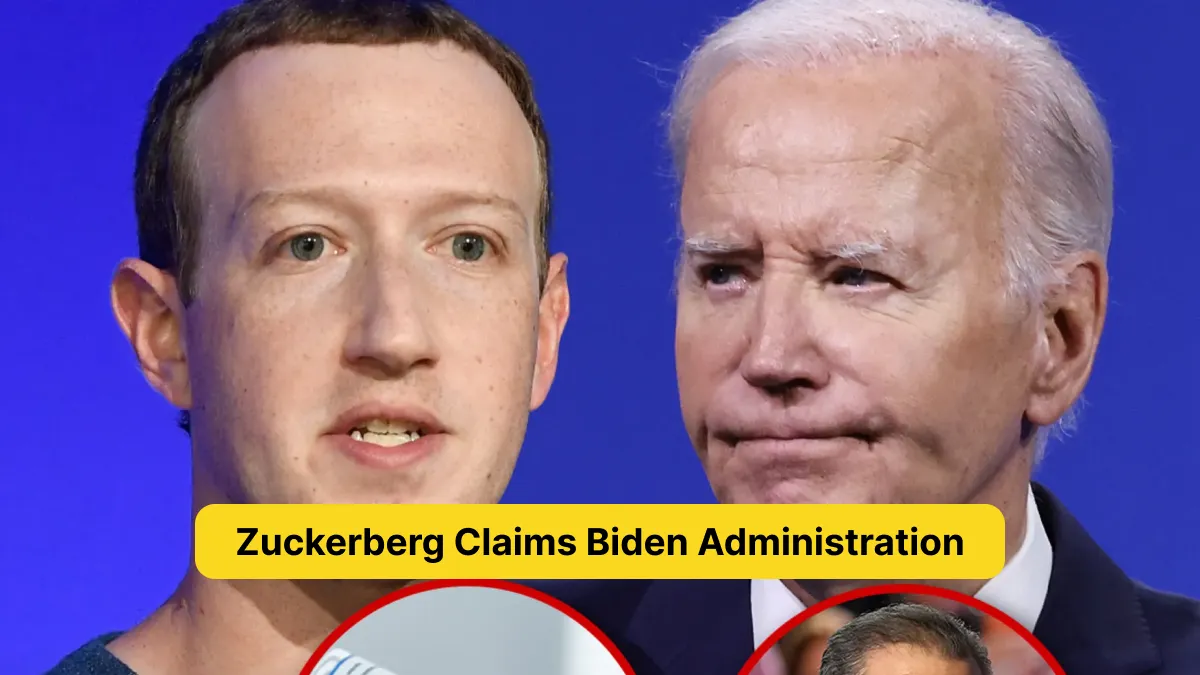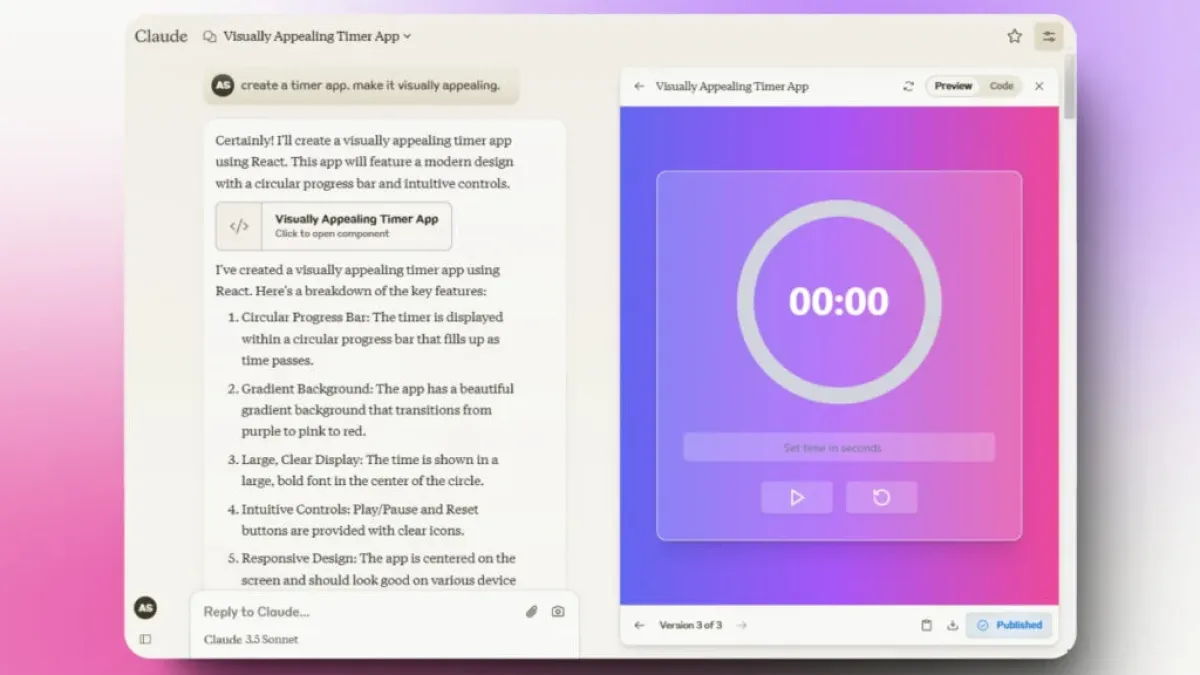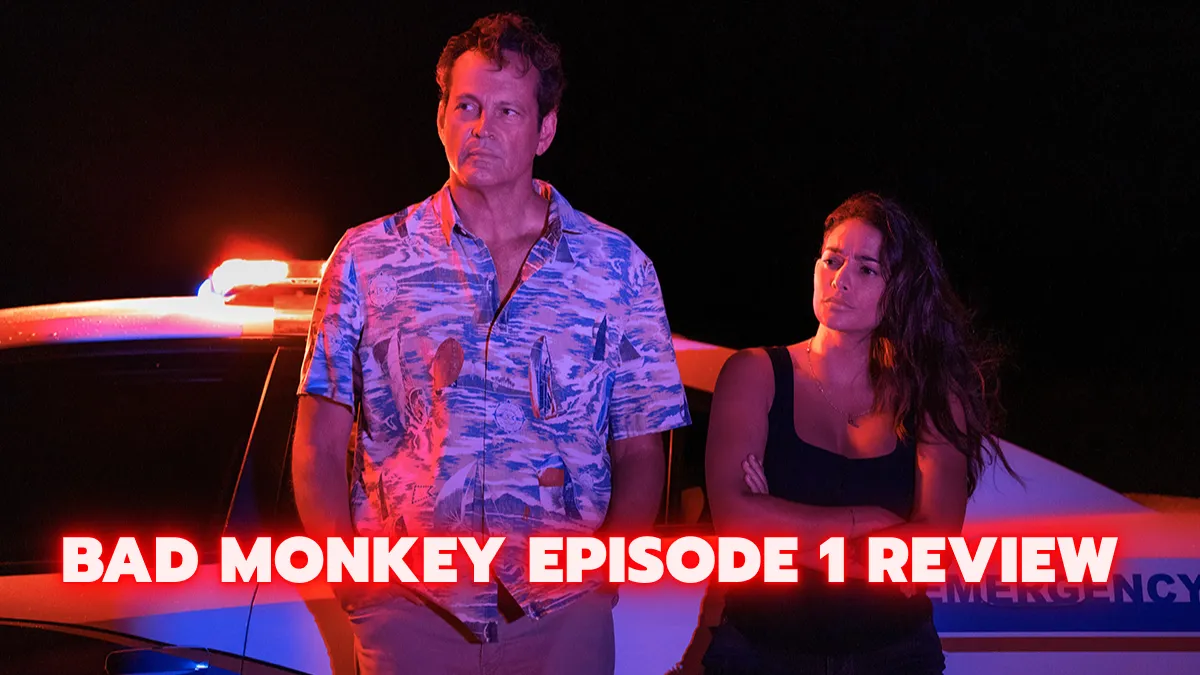In a surprising turn of events, Mark Zuckerberg, CEO of Meta, has claimed that the Biden administration pressured his company to censor COVID-19 content. This accusation adds fuel to the ongoing debate about the role of big tech in moderating online content. According to Zuckerberg, the government’s involvement went beyond suggestions and turned into outright pressure. This situation raises questions about the balance between public safety and free speech.
The Allegation
Zuckerberg’s claim centers around the idea that the Biden administration was not merely advising but demanding Meta take action. He suggests that the government insisted on removing or limiting content related to COVID-19 that it considered misinformation. Many see this as a significant overreach of government power.
Zuckerberg’s remarks have stirred up discussions in both political and tech circles. Some argue that the government has a duty to protect public health, even if it means limiting the spread of false information. Others believe this is a slippery slope that could lead to more censorship in the future.
Background on COVID-19 and Misinformation
During the pandemic, misinformation about COVID-19 spread rapidly on social media platforms like Facebook and Instagram, both owned by Meta. People posted false claims about the virus’s origin, the effectiveness of vaccines, and even the severity of the pandemic. This misinformation caused confusion and fear among the public.
In response, social media companies, including Meta, began to implement measures to curb the spread of this false information. They labeled posts as misleading, removed harmful content, and sometimes even suspended accounts that repeatedly shared misinformation. The goal was to ensure that accurate information reached people and to help control the pandemic.
However, these actions sparked a debate about censorship and free speech. While some praised Meta for taking responsibility, others criticized the company for overstepping its bounds. They argued that the company was infringing on individuals’ right to share their opinions, even if those opinions were not based on facts.
The Government’s Role
Zuckerberg’s recent claims suggest that Meta’s actions may not have been entirely voluntary. He alleges that the Biden administration played a more active role than previously thought. According to him, the administration exerted pressure on Meta to censor specific content. This claim suggests that the government was deeply involved in what was allowed to be shared on these platforms.
If true, this could have serious implications. The First Amendment of the U.S. Constitution protects free speech, and government interference in this area is a sensitive issue. While private companies like Meta can moderate content on their platforms, government pressure to do so is another matter entirely. Critics argue that if the government pressures companies to censor content, it could be seen as a violation of free speech rights.
The Response
The Biden administration has not directly responded to Zuckerberg’s allegations. However, in the past, the administration has emphasized the importance of fighting misinformation, particularly during the COVID-19 pandemic. They have stated that misinformation can be dangerous and can hinder efforts to control the virus.
Meanwhile, Meta has tried to walk a fine line between controlling misinformation and allowing free speech. The company has faced criticism from both sides—some say they are not doing enough to stop harmful content, while others accuse them of censorship.
This latest claim from Zuckerberg is likely to add to the criticism. It also raises concerns about the relationship between big tech and the government. If the government is seen as having too much influence over social media platforms, it could lead to calls for more regulation or even antitrust action against these companies.
Conclusion
Zuckerberg’s allegation that the Biden administration pressured Meta to censor COVID-19 content is a significant development. It highlights the ongoing struggle to find a balance between public safety and free speech. As this story unfolds, it will likely spark further debate about the role of big tech in our society and the limits of government influence.
The situation also serves as a reminder of the complex issues that arise when trying to control the spread of misinformation. While it is important to protect the public from false information, it is equally important to safeguard the principles of free speech. The outcome of this controversy could have lasting effects on both the tech industry and government policy in the future.









